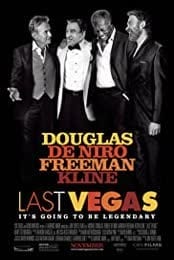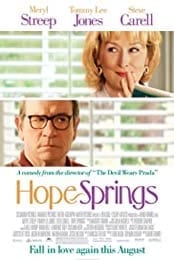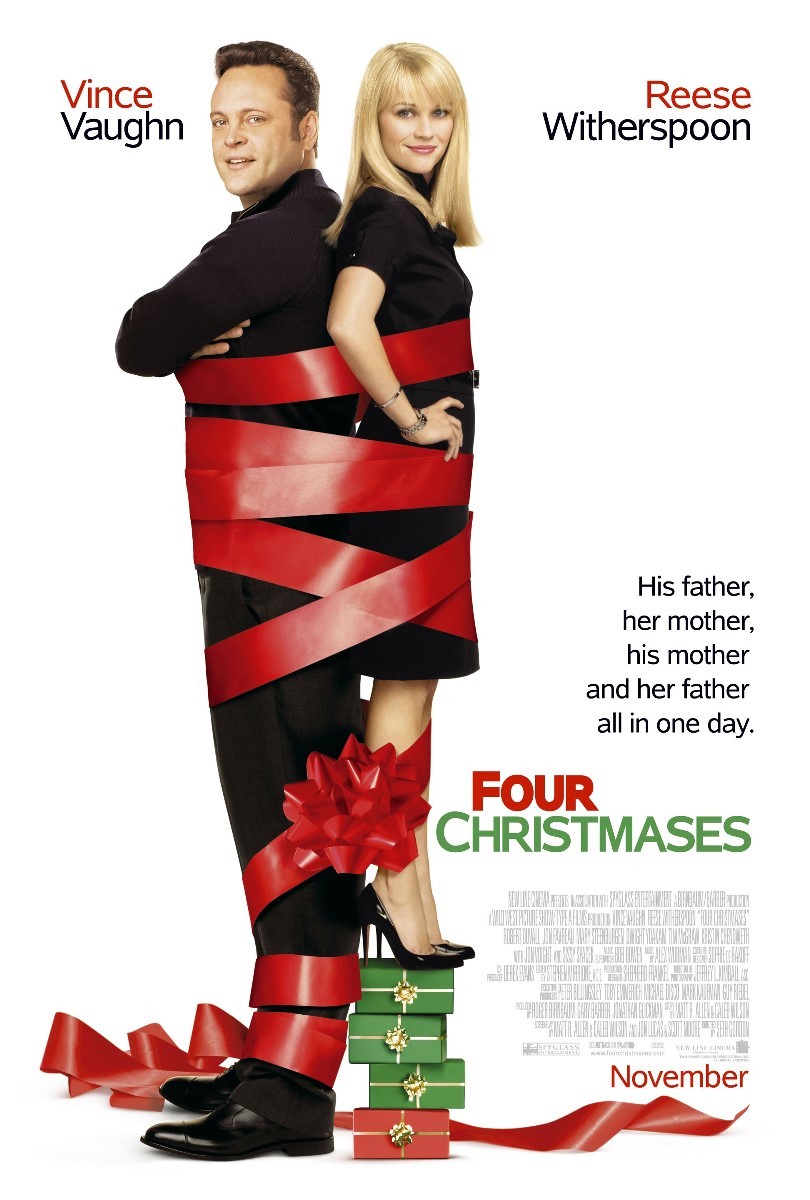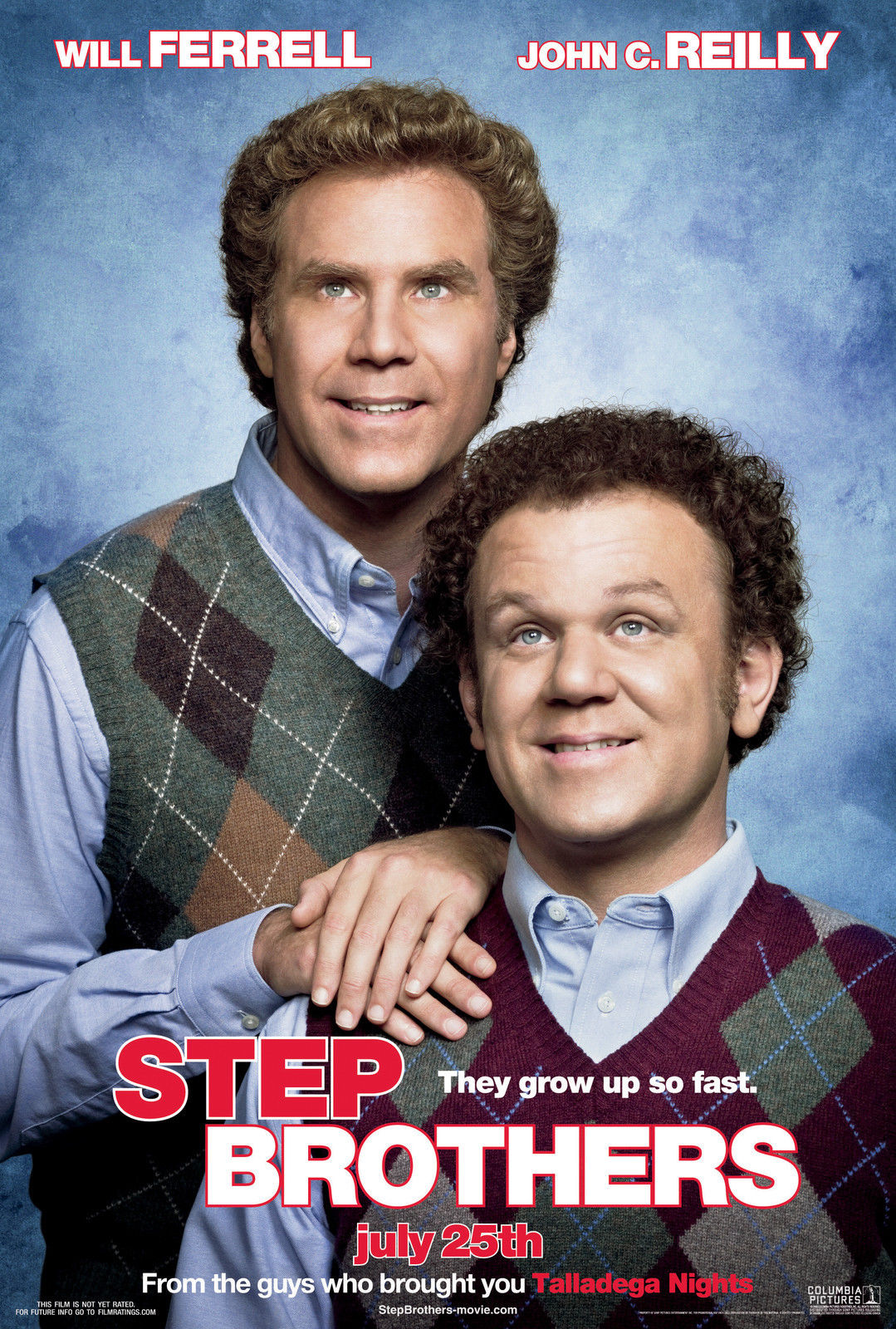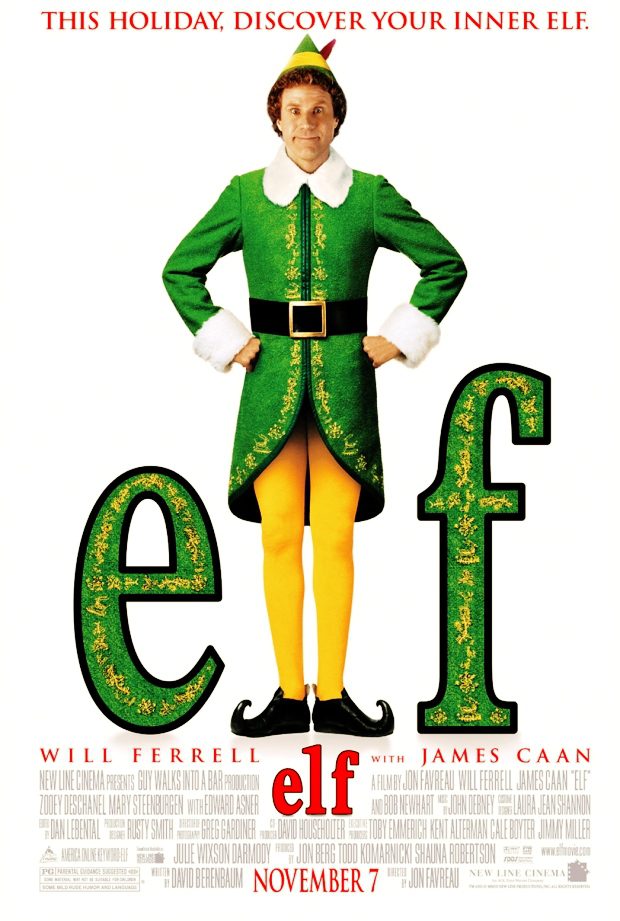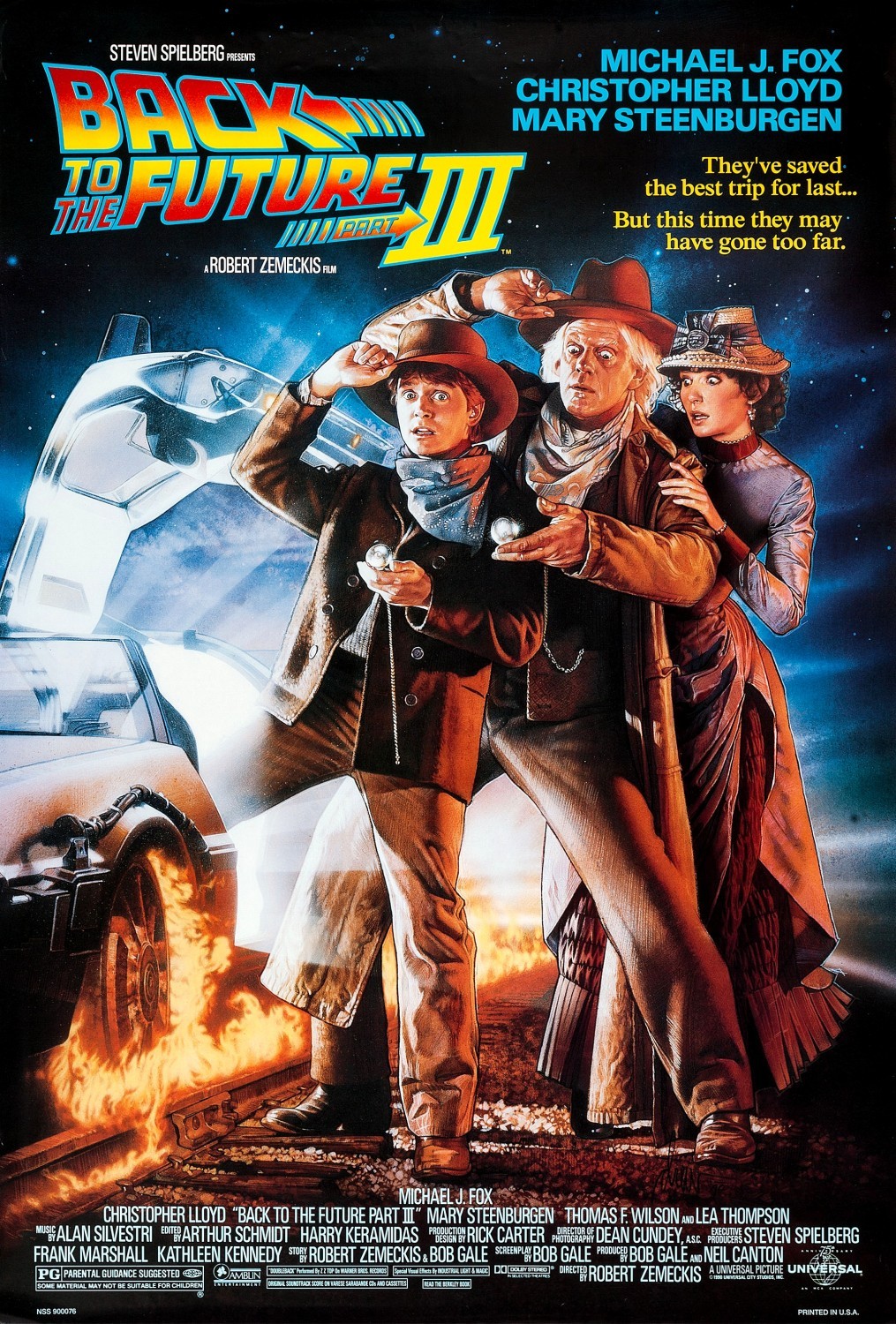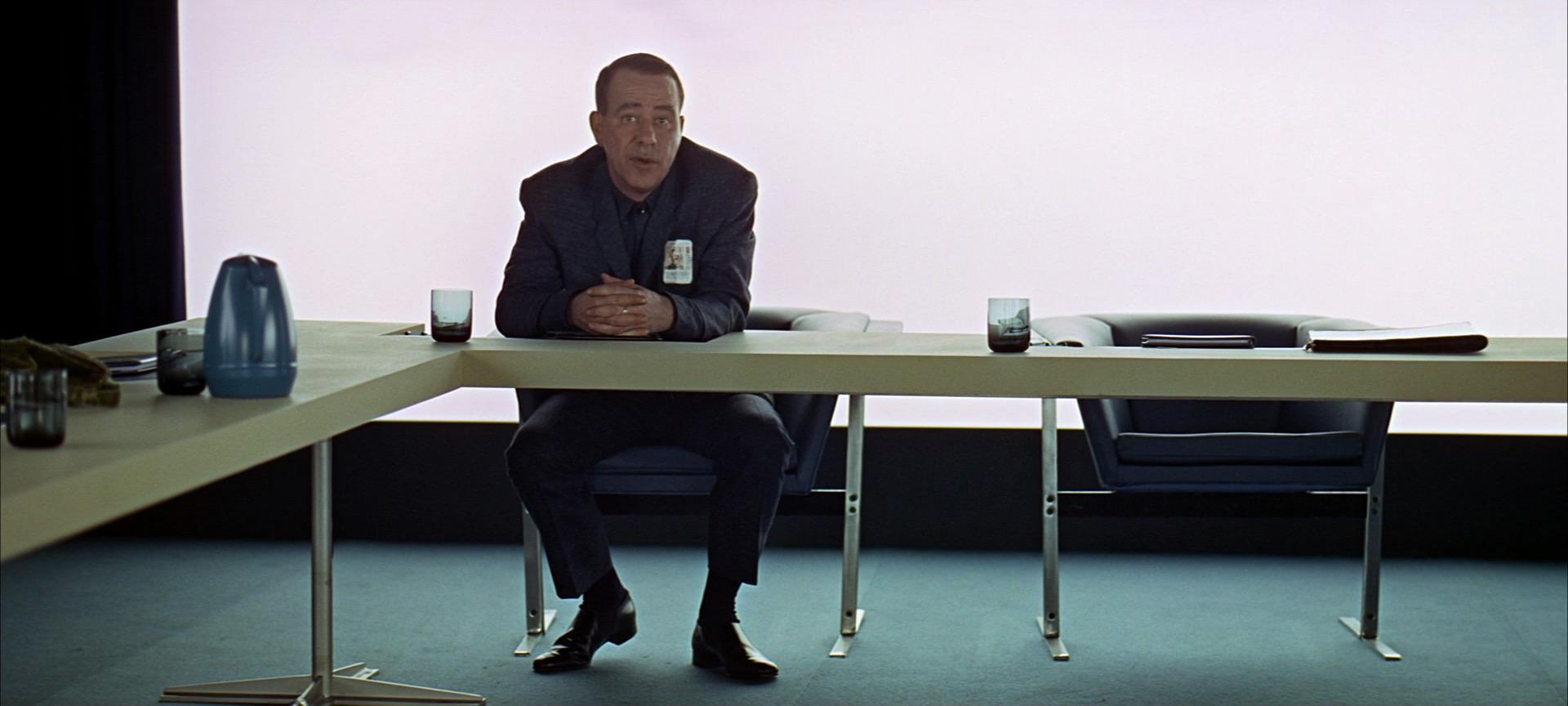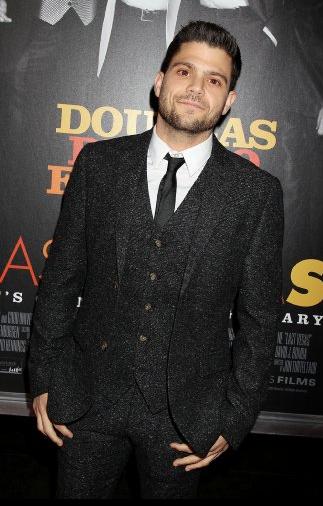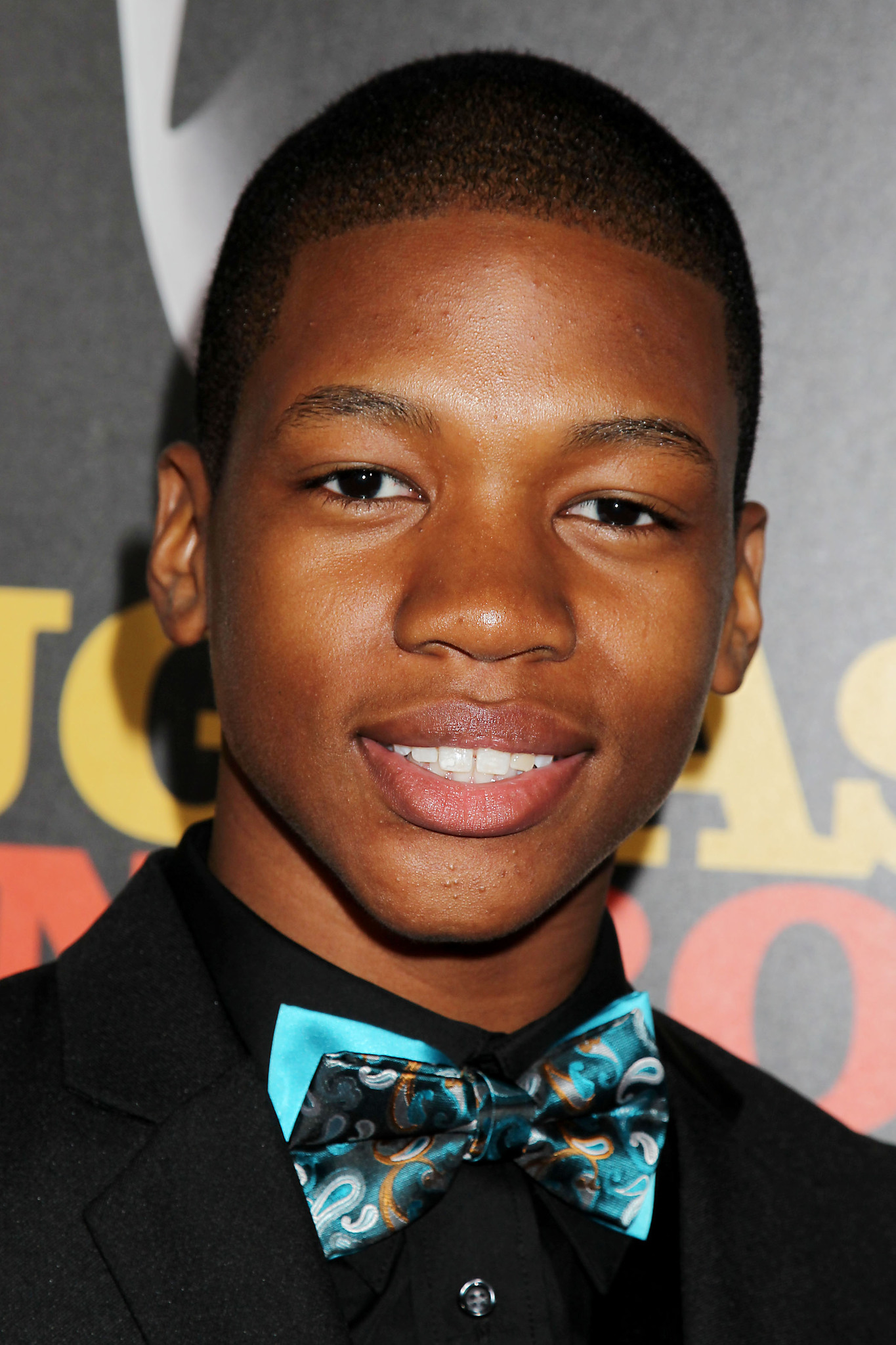
Mary Steenburgen
Birthdate: Feb 8, 1953
Birthplace: Newport, Arkansas, USA
Mary Steenburgen (birthname: Mary Nell Steenburgen) has had a steady career on the big screen since 1978, when she was discovered by Jack Nicholson for a co-starring role in the Nicholson-directed Goin’ South, with John Belushi and Christopher Lloyd. Steenburgen won the Best Actress Saturn Award for her co-starring role opposite Malcolm McDowell in writer-director Nicholas Meyer’s successful period sci-fi movie, Time After Time (1979).
Steenburgen followed this up with a terrific turn—winning her the Best Supporting Actress Oscar (in only her third feature performance!) in the wonderful, awards-winning Jonathan Demme/Bo Goldman Howard Hughes-themed comedy, Melvin and Howard (1980), with Paul Le Mat and Jason Robards (as Hughes); in addition to her Oscar, Steenburgen won a near-sweep of the other major awards for her performance, including the top three critics organizations, the New York, Los Angeles, and National Society of Film Critics groups, as well as the Golden Globe.
Steenburgen scored another Globe nomination (supporting actress) for her performance in the Milos Forman-directed (and with an uncredited rewrite by Goldman) version of E.L. Doctorow’s acclaimed novel, Ragtime (1981), with a remarkable cast including Howard Rollins, James Cagney, Brad Dou rif, Elizabeth McGovern, Moses Gunn, Mandy Patinkin, Donald O’Connor, Norman Mailer, Jeff Daniels, Debbie Allen, and Samuel L. Jackson, earning eight Oscar nominations.
Steenburgen joined the ensemble of Woody Allen, Mia Farrow, José Ferrer, Julie Hagerty, and Tony Roberts, in Woody Allen’s A Midsummer Night’s Sex Comedy (1982), loosely based on Ingmar Bergman’s brilliant comedy, Smiles of a Summer Night (1955). Director Martin Ritt cast Steenburgen as lead (portraying novelist Marjorie Kinnan) in the long-in-development Cross Creek (1983), competing at the Cannes Film Festival and nominated for four Oscars (including for supporting actors Rip Torn and Alfre Woodard). After a solid string of movies, Steenburgen’s first dud was Bernard Slade’s screen version of his play, Romantic Comedy (1983), directed by Arthur Hiller and co-starring Dudley Moore.
Mary Steenburgen continued her run as a lead star in such entertainments as Disney’s One Magic Christmas (1985), with Harry Dean Stanton; in the horror-thriller, Dead of Winter (1987), in which she plays three roles, and which Arthur Penn stepped into direct when the MGM production was in trouble; and as a producer and co-star role in writer-director Jay Russell’s Arkansas-set drama, End of the Line (1987), with Wilford Brimley and Levon Helm.
Steenburgen shifted to supporting roles in such movies as The Whales of August (1987), directed by Lindsay Anderson and co-starring Bette Davis, Lillian Gish, Vincent Price, and Ann Sothern; in Miss Firecracker (1989), starring Holly Hunter (reprising her role in the stage version written by Beth Henley), Tim Robbins, Scott Glenn, and Alfre Woodard; the hit Ron Howard-directed comedy, Parenthood (1989), starring Steve Martin, Tom Hulce, Rick Moranis, Martha Plimpton, Keanu Reeves, Jason Robards, and Dianne Wiest; and with Steenburgen scoring the major supporting spot to Michael J. Fox and Christopher Lloyd in writer-director Robert Zemeckis’ hit sequel, Back to the Future Part III (1990), grossing $245 million on a $40 million budget.
Mary Steenburgen took on the unusual role of an off-screen narrator in Miramax’s civil rights drama, The Long Walk Home (1990), starring Whoopi Goldberg, Sissy Spacek, Ving Rhames, and Dylan Baker, followed by supporting roles in the commercial failure, The Butcher’s Wife (1991), starring Demi Moore, Jeff Daniels, and Frances McDormand, and the acclaimed drama co-starring (the very young) Johnny Depp, Leonardo DiCaprio, and Juliette Lewis, What’s Eating Gilbert Grape? (1993), earning DiCaprio his first Oscar nomination (supporting actor).
Steenburgen reunited with director Jonathan Demme and fellow actor Jason Robards for the Oscar triumph, Philadelphia (1993), starring Tom Hanks (best actor winner), Denzel Washington, Antonio Banderas, and Joanne Woodward, grossing nearly $207 million on a $26 million budget. Mary Steenburgen co-starred in 1994 with Charles Grodin in a pair of little-seen movies, Clifford and It Runs in the Family, and then played support to Jimmy Smits, Edward James Olmos, and Esai Morales under Gregory Nava’s direction in Mi Familia/My Family (1995).
During this period, when Steenburgen phased into supporting character roles, she played an evangelist in the Truman Capote adaptation, The Grass Harp (1995), with Piper Laurie, Sissy Spacek, Nell Carter, Walter Matthau, Jack Lemmon, and Roddy McDowell. A rare lead role for Steenburgen at this point was in writer-director Victor Salva’s sci-fi drama, Powder (1995), with Sean Patrick Flannery, Lance Henriksen, and Jeff Goldblum, which was followed by Steenburgen portraying Richard Nixon’s mother in a small role in Oliver Stone’s acclaimed biopic, Nixon (1995), starring Anthony Hopkins, Joan Allen, Powers Boothe, and Ed Harris.
Mary Steenburgen joined the ensemble of Kevin Kline, Kristin Scott Thomas, Hayden Christensen, and Jena Malone for producer-director Irwin Winkler’s drama, Life as a House (2001), followed by a small turn in the hit ($98 million grossing) drama from director/writer/producer Jessie Nelson, I Am Sam (2001), starring Sean Penn, Michelle Pfeiffer, Dianne Wiest, Dakota Fanning, and Laura Dern.
Filmmaker John Sayles cast Steenburgen for the sprawling ensemble of his Sunshine State (2002), with Jane Alexander, Angela Bassett, Bill Cobbs, Edie Falco, Timothy Hutton, and Alan King, and then Steenburgen joined cast members Colin Firth, Heather Graham, and Minnie Driver in writer-director Mark Herman’s rom-com Hope Springs (2003). Steenburgen reunited with Sayles for his Mexico adoption drama, Casa de los Babys (2003), with the ensemble of Marica Gay Harden, Maggie Gyllenhaal, Daryl Hannah, Susan Lynch, Lili Taylor, and Rita Moreno, and premiering at the Venice Film Festival.
One of Mary Steenburgen’s more daring supporting roles was opposite Grace Zabriskie and Laura Dern in David Lynch’s surreal, Southern California-set Inland Empire (2006), premiering at the Venice Film Festival and ranked as the second-best film of that year by Cahiers du cinema film journal and among Sight & Sound magazine’s thirty best films of the 2000s. Steenburgen played support opposite Alan Rickman, Bryan Greenberg, Shawn Hatosy, Bill Pullman, and Danny DeVito in the widely panned hostage drama, Nobel Son (2007), premiering at the Tribeca Film Festival.
Under Neil Jordan’s direction, Steenburgen played support opposite Jodie Foster, Terrence Howard, and Naveen Andrews in the loose remake of Death Wish (1974), The Brave One (2007). Once again, Mary Steenburgen was cast by filmmaker John Sayles, in Honeydripper (2007), with Danny Glover, Charles S. Dutton, and Lisa Gay Hamilton, premiering at the Toronto Film Festival. For writer-director Adam McKay, Mary Steenburgen played opposite Will Ferrell, John C. Reilly, and Richard Jenkins in the funny comedy, Step Brothers (2008), and then turned to another comedy for a supporting role in Four Christmases (2008), starring Vince Vaughn and Reese Witherspoon, released by Warner Bros.
The great French filmmaker Bertrand Tavernier cast Steenburgen opposite Tommy Lee Jones, John Goodman, and Peter Sarsgaard in one of his few U.S.-set films, In the Electric Mist/Dans la brume électrique (2009), which premiered at the Berlin Film Festival. Steenburgen joined the cast of Sandra Bullock, Ryan Reynolds, Malin Akerman, Craig T. Nelson, and Betty White, under Anne Fletcher’s direction, in the commercial hit comedy for Disney/Touchstone, The Proposal (2009).
Mary Steenburgen was cast in the Southern-tinged father-son road movie, The Open Road (2009), starring Jeff Bridges, Justin Timberlake, Harry Dean Stanton, and Lyle Lovett, followed by the generally panned comedy, writer-director Marc Lawrence’s Did You Hear About the Morgans? (2009), starring Hugh Grant, Sarah Jessica Parker, and Sam Elliott. After Steenburgen’s supporting role in the little-seen Dirty Girl (2010), starring Juno Temple, she appeared in a minor role in the commercial and critical hit from writer-director Tate Taylor, The Help (2011), nominated for four Oscars (picture, actress, supporting actress) for Steenburgen’s cast mates Viola Davis, Octavia Spencer, and Jessica Chastain.
Steenburgen continued her very busy career as a screen actor with the lead female role in the guy-centric hit, Last Vegas (2013), a starry vehicle for Michael Douglas, Robert De Niro, Morgan Freeman, and Kevin Kline, grossing $134.4 million on a $28 million budget. In one of her few animated voice roles, Steenburgen was part of the English-language cast (including Chloë Grace Moretz, James Caan, Lucy Liu, Daniel Dae Kim, Beau Bridges, George Segal, Oliver Platt, and John Cho) for that version of the Studio Ghibli-produced animated feature by writer-director Isao Takahata’s Oscar-nominated The Tale of the Princess Kaguya (2013).
After a small role in the little-seen romantic drama starring Anne Hathaway, Song One (2014), Mary Steenburgen appeared in a supporting turn opposite Robert Redford, Nick Nolte, and Emma Thompson in the commercially successful Ken Kwapis-directed A Walk in the Woods (2015), premiering at the Sundance Film Festival. Steenburgen joined the cast of Jason Sudeikis, Maisie Williams, Jessica Biel, Orlando Jones, and Paul Reiser in writer-director Bill Purple’s drama, The Book of Love (2016), premiering at the Tribeca Film Festival to poor reviews, followed by Steenburgen playing a supporting role in another 2016 Tribeca premiere, writer-director Demetri Martin’s comedy-drama, Dean, with actor Martin, Kline, and Gillian Jacobs.
Steenburgen’s continued supporting work (with Olivia Cooke, Mireille Enos, and Christopher Abbott) was seen in writer-director Wayne Roberts’ indie drama, Katie Says Goodbye, premiering at the 2016 Toronto Film Festival, and finally released theatrically in 2019. Mary Steenburgen was selected by filmmaker and actor Lake Bell (opposite Paul Reiser) for the ensemble relationship comedy, I Do…Until I Don’t (2017), which failed to earn good reviews at or box office, but Steenburgen hit the jackpot the following year with the smash hit, Book Club (2018), co-starring Diane Keaton, Jane Fonda, and Candice Bergen, grossing a whopping $104.4 million globally, generating a 2023 sequel reuniting the original cast, Book Club: The Next Chapter.
Steenburgen returned to her Arkansas roots with indie writer-director Daniel Campbell for the well-reviewed comedy, Antiquities (2018), released by The Orchard, and then narrated the documentary portrait of the great American writer, Flannery O’Connor, Flannery (2019). Mary Steenburgen was cast in her most prestigious film in a few years by director/writer/producer Guillermo del Toro in his critical hit and commercial bomb, his color remake of Nightmare Alley (2021), nominated for four Oscars and co-starring Bradley Cooper, Cate Blanchett, Toni Collette, Willem Dafoe, Richard Jenkins, Rooney Mara, Ron Perlman, and David Strathairn. Steenburgen joined her ex-husband Malcolm McDowell for the Adam Rifkin-directed Last Train to Fortune (date to be announced), with James Paxton and Bernadette Peters.
Personal life
Mary Steenburgen was born and raised in Newport, Arkansas, by parents Maurice and Nelly Steenburgen. Steenburgen attended high school in North Little Rock, Arkansas, and then studied at Hendrix College in Conway, Arkansas, but was encouraged to pursue a professional career in New York by her drama teacher there. With master teacher Sanford Meisner, Steenburgen studied acting at the Neighborhood Playhouse in New York City.
Steenburgen was married to actor Malcolm McDowell from 1980 to 1990 when the couple divorced; they have two children, Lilly and director/producer/writer Charlie McDowell; Steenburgen has been married to actor Ted Danson since 1995, and is stepmother to Danson’s two daughters from his previous marriage, Alexis Danson and actor/director/writer Kate Danson. Steenburgen’s height is 5’ 8”. Steenburgen’s estimated net worth is $80 million.
Known For
Awards
Winner, Supporting Actress, Academy Awards (1981); Nominee, Best Actress, BAFTA Awards (2020); Nominee, Best Actress—Miniseries or Special, Emmy Awards (1988); Winner, Best Supporting Actress, Golden Globe Awards (1981); Winner, Best Ensemble, National Board of Review Awards (2011); Winner, Hollywood Walk of Fame (2009); Winner, Best Supporting Actress, Los Angeles Film Critics Association Awards (1980); Winner, Best Supporting Actress, National Society of Film Critics Awards (1981); Winner, Best Supporting Actress, New York Film Critics Circle Awards (1980); Winner, Best Cast, Screen Actors Guild Awards (2012).
Mary Steenburgen Movies
actor
Previous (62)
Facts About Mary Steenburgen
Philanthropist: Mary Steenburgen has long been a generous art patron along with her husband, Ted Danson, with whom she has delivered guest lectures on the subject.
Songwriter: After arm surgery in 2007, Steenburgen began to hear music “in her head day and night,” and has well over 50 songwriting credits, and has a global publishing deal with Universal Music Publishing Group.
Good Friends: Mary Steenburgen is close friends with former Secretary of State and Senator Hillary Clinton.
People Also Searched For







